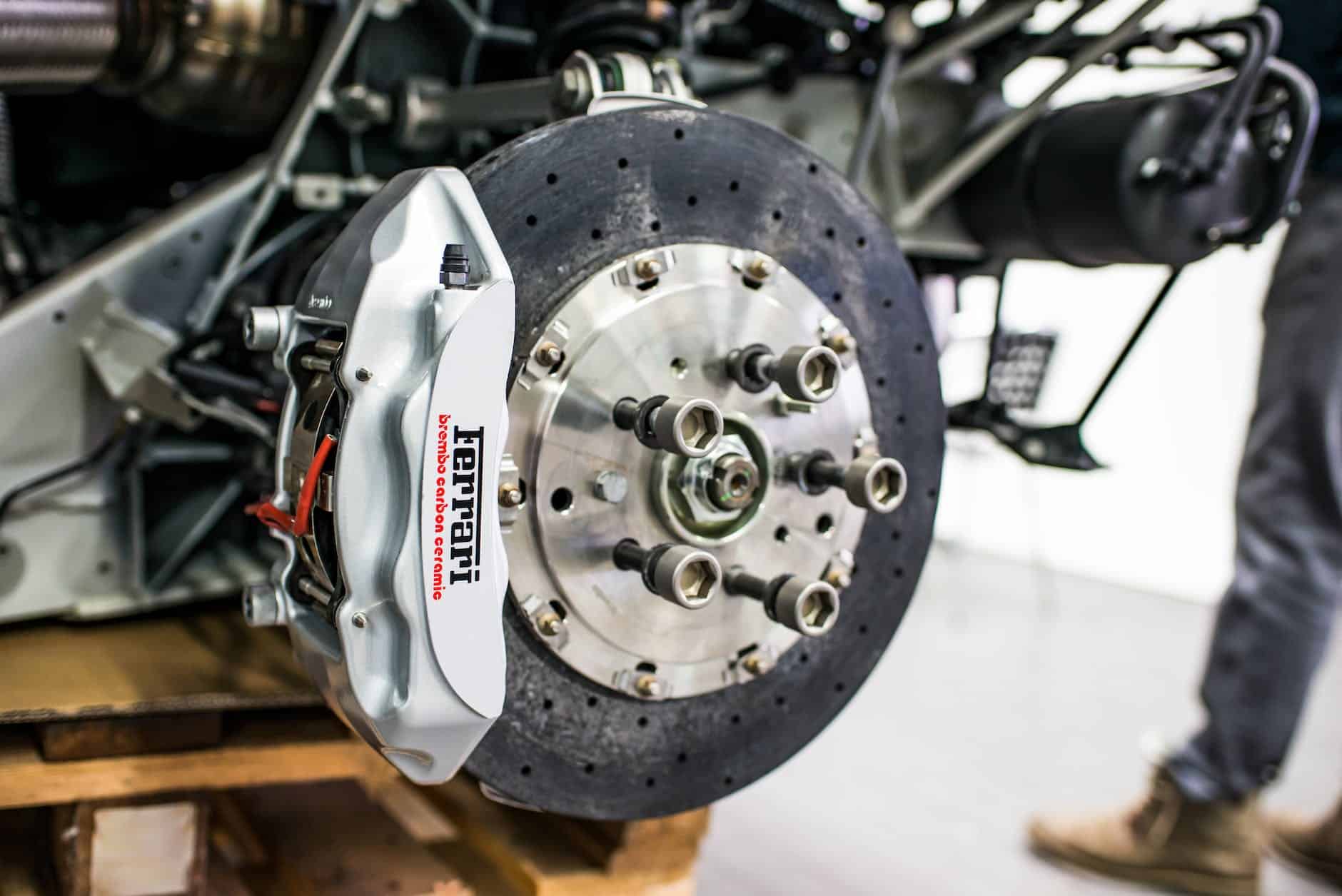The brakes are by far one of the most important components of your vehicle. If you ever need to stop in a hurry, you will want to make sure that your brakes are working properly. In order for your brakes to work properly, you need to engage in routine maintenance tasks. These tasks are extremely important, mainly because your brakes work very hard to do their job. As such, you need to make sure that they are kept clean and properly lubricated.
When your braking system is functioning properly, your vehicle will stop easily and smoothly. If they are not functioning properly, it could affect your safety on the road. As such, you want to make sure that all brake repairs and maintenance tasks are performed by a trustworthy and confident mechanic who uses high quality materials. In addition, once all repairs are completed, you want to make sure you take your vehicle out for a drive to ensure that all issues are resolved.
What Components are Included Within Your Braking System?
The exact components of your braking system will depend on the make and model of the vehicle that you own. Having said that, most systems will have drum brakes in the back of the system and disk brakes in the front. Also included within the braking system are the brake pads, the rotors, the booster, the cylinders, the discs, the shoes, the drums, and the calipers.
Each wheel has its own brake that is connected (with tubes and hoses) to the master cylinder or hub.
In addition to the components listed above, the braking system also requires fluid to run. Braking fluid is manufactured so that it can withstand extreme temperatures so that it does not over-heat or over-cool.
How does the braking system operate? Each time you press the brake pedal, the master cylinder’s plunger is activated. When activated, the fluid is dispensed through the hoses and tubes and into the brakes that are located at each wheel.
Another option that most vehicles have is anti-lock braking (ABS). An anti-lock braking system is a good option to have, especially when you need to stop suddenly. Upon sudden stops, ABS prevents the brakes from locking, thereby preventing the vehicle from skidding out of control.
There are several different things that may suggest that you need to have your brakes checked:
- Upon sudden braking your vehicle swerves, skids, or vibrates
- You hear a grinding sound when you press the brake pedal
- You experience a gradual reduction in your ability to stop
- You run out of brake fluid suddenly
- It is difficult to press down on the brake pedal
If you notice any of the symptoms listed above, have your brake system checked immediately. It is extremely important that your brakes are checked as soon as possible when there is a problem. Leaving braking problems to the last minute can put your life in danger.
See our post about The Cooling System in Your Vehicle.


